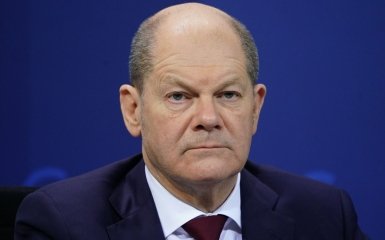The German Bundestag held a vote of confidence in Olaf Scholz's government on December 16. This came more than a month after the collapse of the so-called "traffic light coalition."
Points of attention
- The Bundestag's vote of no confidence in Olaf Scholz's government has triggered the process for early elections in Germany.
- The collapse of the 'traffic light coalition' due to disagreements over the 2025 budget has plunged the country into political uncertainty.
- Friedrich Merz's conservative CDU/CSU bloc is positioned as a strong contender in the upcoming snap elections, raising questions about potential coalition formations with other parties.
Bundestag votes for no-confidence vote in Scholz government
In the Bundestag vote, 717 votes were cast, 207 voted "in favor" and expressed confidence in Olaf Scholz. 394 voted against, 116 deputies abstained.
The vote paves the way for the dissolution of parliament and the holding of early elections.
Scholz must now ask Federal President Frank-Walter Steinmeier to dissolve parliament and call early elections. The Federal President has 21 days to do so.
The elections will likely be held on February 23.
However, Scholz remains interim leader until a new government is formed.
The next elections in Germany were to be held in September 2025.
What preceded the vote in the Bundestag?
The political situation in Germany has been difficult for several months, but has become more acute over the 2025 budget. The reason was disagreements over covering a deficit of 13 billion euros.
As a result, in November, Chancellor Olaf Scholz fired Finance Minister Christian Lindner. The politician is also the leader of the FDP, and several other ministers followed suit, and Scholz lost his majority.
Thus, the "traffic light" coalition consisting of the Social Democratic Party (SPD), the Free Democratic Party (FDP) and the Green Party collapsed. After which the Chancellor announced that he would submit a vote of confidence to the Bundestag.
The main favorite in the early elections will be the opposition conservative bloc CDU/CSU led by Friedrich Merz, who is predicted to become chancellor. Today, his political force is leading by a clear margin. The question is with whom he will have to form a new coalition — with the Greens or the Social Democrats.
In all likelihood, the anti-Ukrainian right-wing radicals from the Alternative for Germany and the left-wing populists from the Sarah Wagenknecht Alliance, which is also making it to parliament, will remain in opposition.




